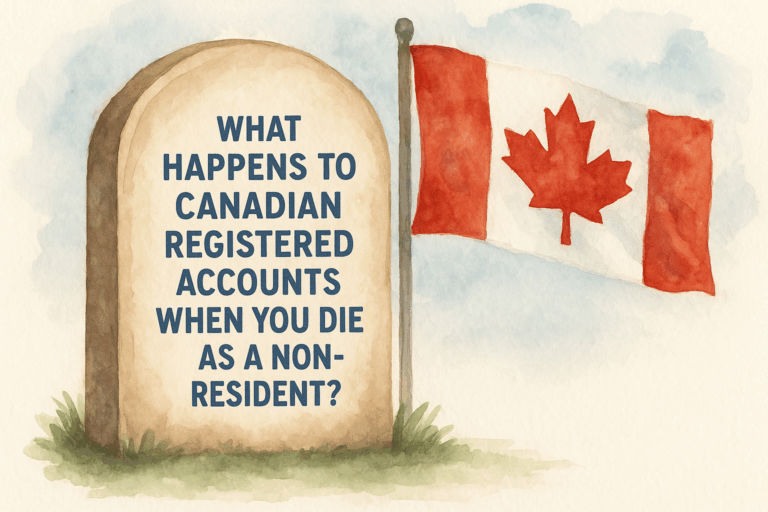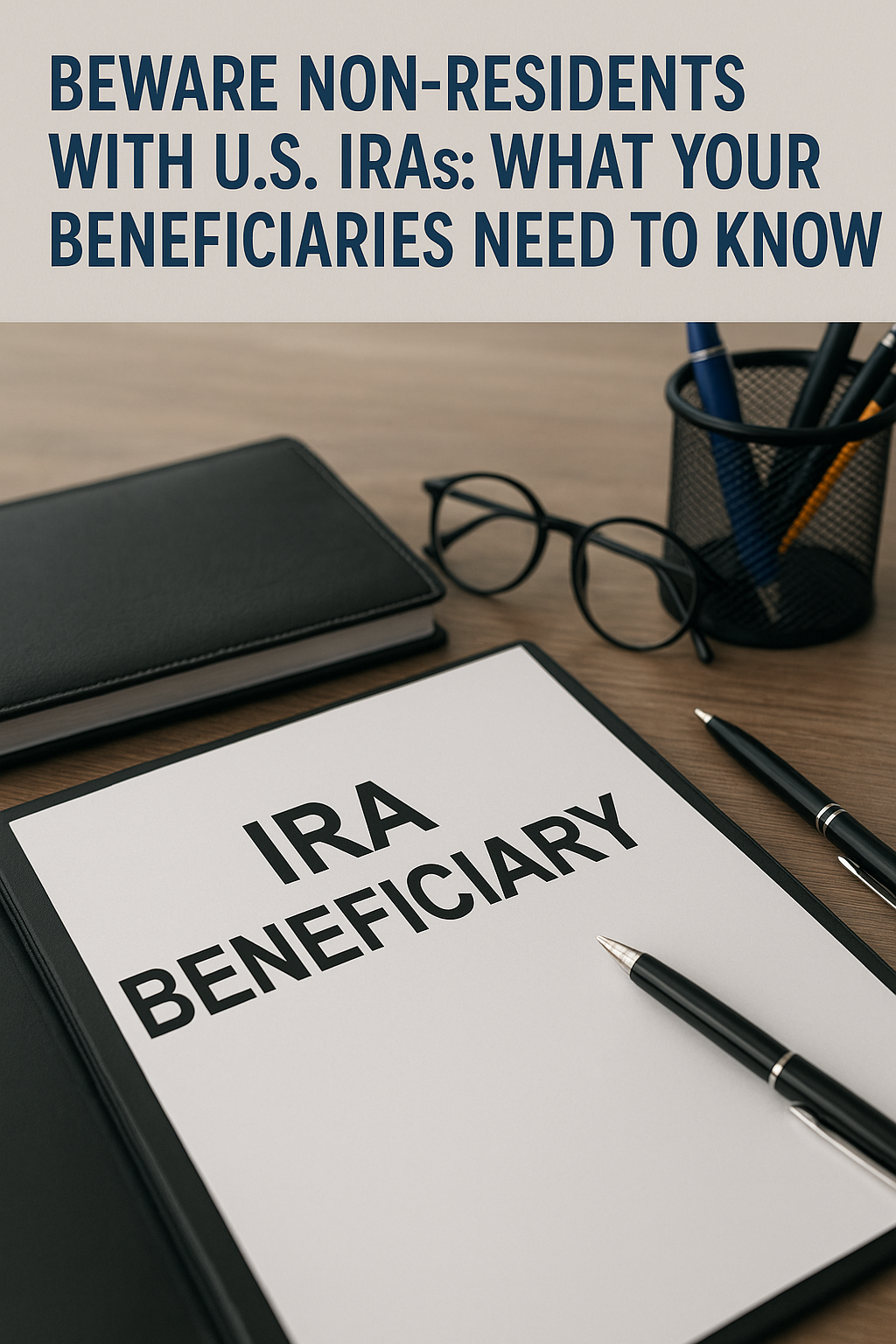Imagine entrusting your entire cross‐border portfolio to one expert—what if that single decision could shape your financial future? Whether you’re managing assets across the U.S. and Canada, or navigating a dual-market lifestyle, this question is especially critical for those with complex financial needs.
In today’s dynamic global economy, striking the right balance between simplicity and specialized expertise is essential. In this article, we’ll explore the benefits and potential drawbacks of consolidating your investments with a single financial advisor, detail how cross border financial planning plays a crucial role, and provide actionable tips to help you make an informed decision.
At 49th Parallel Wealth Management, a boutique financial advisory firm specializing in cross-border planning between Canada and the United States, we help clients—individuals, families, and businesses with financial ties to both countries—thrive in a cross-border environment.
Understanding the Role of a Financial Advisor in Cross Border Financial Planning
A financial advisor is much more than an investment manager; they are your strategic partner in creating a cohesive financial plan. For clients operating across two financial systems, advisors offer:
- Comprehensive Investment Management:
They help construct and maintain diversified portfolios that include equities, bonds, real estate, and alternative investments, that are coordinated at custodians in each country. - Tax and Estate Planning:
Advisors well-versed in cross-border planning understand both U.S. and Canadian tax laws and estate regulations, ensuring that your wealth is preserved. - Risk Mitigation:
They develop strategies to protect your portfolio from market volatility, currency fluctuations, and regulatory changes.
For example, an advisor experienced in cross-border matters can guide you through repatriating funds, dealing with dual taxation, and managing currency risk—a common challenge for investors with assets in both countries.
Advantages of Putting All Your Money with One Financial Advisor
A Unified Strategy Enhances Consistency
Consolidating your assets with one advisor can create a single, integrated financial plan that is easier to manage:
- Consistent Communication:
You have one point of contact who understands your entire financial picture. - Streamlined Monitoring:
Consolidated reporting and regular check-ins simplify tracking overall performance. - Reduced Conflicting Advice:
Fewer voices mean you’re less likely to receive contradictory recommendations.

Cost Efficiency Through Consolidation
Working with one advisor can lead to lower fees and minimized expenses:
- Graduated Fee Benefits:
Many firms offer lower fee percentages as assets under management increase. A consolidated approach may secure discounted fee schedules compared to using multiple advisors. - Lower Transaction Costs:
Consolidated accounts reduce duplication of trading fees and administrative expenses.
Simplified Administration and Planning
A single advisor simplifies the administrative burden and ensures smooth estate transitions:
- Consolidated Documentation:
You receive one set of tax forms, investment reports, and planning documents. - Easier Succession Planning:
A unified portfolio makes it simpler for heirs to understand and manage your assets.
Potential Drawbacks of Relying Solely on One Advisor
While there are many benefits, it’s important to consider some potential downsides:
Limited Specialization and Expertise
- Niche Areas May Require Additional Help:
A single advisor might not possess the deep expertise required for every asset class or specialized market—such as advanced cross-border tax strategies or alternative investments.
Increased Risk of a Single Point of Failure
- Reliance on One Professional:
If your advisor encounters personal or professional issues, your entire strategy could be jeopardized. - Potential for Conflicted Interests:
Advisors might sometimes favor strategies that increase their revenue and may not be in your best interest. For example, a U.S. advisor may advise you to consolidate all of your investments at their U.S. custodian under their management when that recommendation may result in you paying tax unnecessarily and converting to USD when currency exchange rates are not in your favor.
Lack of Diverse Perspectives
- Missed Opportunities:
Multiple advisors can provide varied insights and different perspectives that a single advisor might not consider.
Factors to Consider Before Consolidating Your Assets
Before deciding whether to put all your money with one advisor, ask yourself these key questions:
- What is the complexity of your portfolio?
- Do you hold assets across multiple sectors and jurisdictions?
- What are your cross-border needs?
- Do you require expertise in international tax planning, currency management, and regulatory compliance?
- Are you confident in your advisor’s credentials?
- Look for certifications such as CFP® and CFA and verify their fiduciary responsibility.
- How does the fee structure compare?
- Analyze whether consolidated fees offer cost savings over multiple advisors.
- How strong is your relationship with your advisor?
- Trust and open communication are crucial for a long-term partnership.
Actionable Steps and Practical Tips
To decide whether consolidating your assets with one advisor is right for you, consider the following steps:
- Interview Multiple Advisors
Ask detailed questions such as:- “What is your fee structure, and how do you manage cross-border assets?”
- “Can you share examples of handling complex international financial scenarios?”
- “How do you collaborate with other specialists if additional expertise is required?”
- Use a Comprehensive Evaluation Checklist
- Credentials and Certifications: Verify their experience in cross-border financial planning.
- Transparency in Fees: Ensure clear communication regarding fee schedules and hidden costs.
- Communication and Trust: Assess whether you feel comfortable sharing your entire financial picture.
- Plan Regular Reviews
Schedule annual or bi-annual meetings to reassess your financial strategy and ensure it aligns with your evolving goals and cross-border obligations. - Consider a Hybrid Approach
- Retain one primary advisor for a unified strategy.
- Supplement with specialist consultants for areas like international tax or estate planning, ensuring clear coordination among all parties.
In summary, consolidating your assets with one financial advisor can simplify financial management, reduce fees, and provide a unified strategy—especially important for cross-border investors. However, it is vital to weigh these benefits against potential risks such as advisors who claim to be cross-border but lack the necessary qualifications and experience, and the pitfalls of a single point of failure.
Key Takeaways:
- A unified approach enhances consistency, simplifies administration, and can reduce costs.
- Consider the complexity of your portfolio, your cross-border needs, and your advisor’s credentials.
- Ask targeted questions, use a detailed evaluation checklist, and schedule regular reviews to ensure your strategy remains robust.
At 49th Parallel Wealth Management, we understand the unique challenges of managing assets across Canada and the United States. Call us if you are Crossing the 49th ParallelTM. From the desert to the tundra, we are your cross-border retirement experts!




